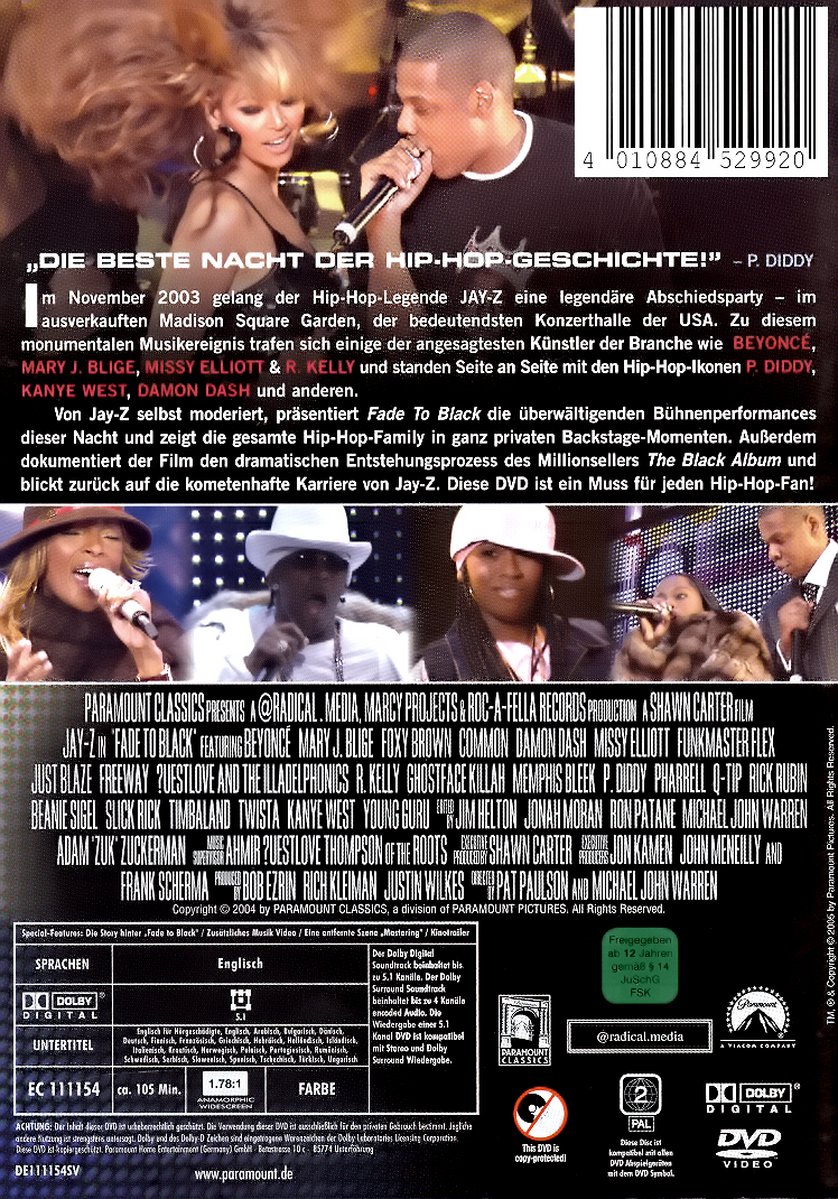

In music, the tendency is for artists to keep on recording until they drop dead.

Look at any sport and it's hard to find an instance of a top player stepping down before they start to fade. Rap is often - and both understandably and correctly - compared to boxing, but there's never been a heavyweight champion who didn't carry on for at least one more title fight past their peak. There was nobody bigger in rap, and though the internet was starting to have an impact on the stratospheric sales levels seen through the 90s and on into the new century, there was no genre selling more steadily and widely in America, by far the world's biggest music market.

Biggie and 2Pac were dead, Eminem was big but clearly still on the rise, and while Nas may have been declared the winner of the 'Ether' dis war, Jay was caning his nemesis in the charts: in their respective first weeks at the end of 2002, The Blueprint 2 sold three copies for every one of Nas's then new LP, God's Son. True, his seventh album - The Blueprint 2: The Gift & The Curse - hadn't hit quite the same heights as its universally acclaimed predecessor, the first Blueprint, but it was still a chart-topper and had sold several million copies. Here was one of the giants of rap, a guy who'd lived the quintessential American rags-to-riches redemption story as he'd left street crime behind and had come to dominate pop culture in well under a decade. Let's think about that for a moment, because Jay's stated decision to retire from making music in 2003 was, for those who believed it, astonishing.


 0 kommentar(er)
0 kommentar(er)
